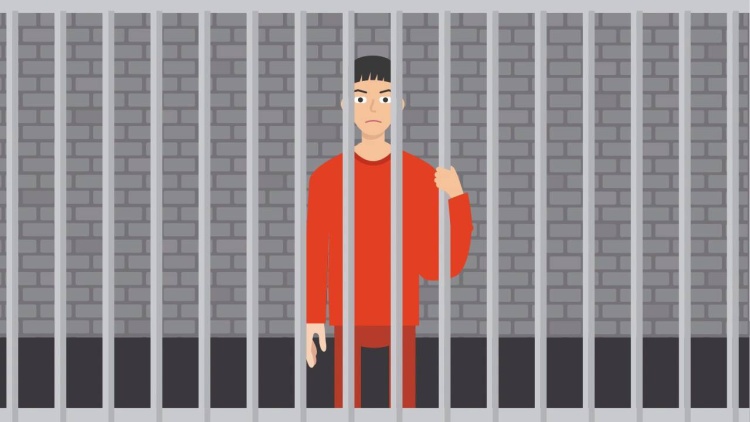Montejo v. Louisiana
United States Supreme Court
556 U.S. 778, 129 S. Ct. 2079, 173 L. Ed. 2d 955 (2009)
- Written by Matthew Kay, JD
Facts
While investigating the murder of Lewis Ferrari, police wanted to question Jesse Montejo (defendant). Police arrested Montejo, and Montejo waived his rights under Miranda v. Arizona, 384 U.S. 436 (1966). Montejo was interrogated by police for several hours at the sheriff’s office; he changed his story many times and finally admitted that he had killed Ferrari. Montejo was brought before a judge, and a lawyer was appointed for him even though he had not expressly asked for one. That same day, two detectives visited Montejo and requested that he accompany them to find the murder weapon. He was read his Miranda rights again, and he agreed to go with the officers. During the trip, he wrote an inculpatory apology letter to Ferrari’s widow. On returning to prison, Montejo met with his court-appointed lawyer. At trial, Montejo’s apology letter was admitted into evidence over the defense’s objection. Montejo was convicted of first-degree murder and sentenced to death. The Louisiana Supreme Court affirmed the conviction. The court held that the rule articulated in Michigan v. Jackson, 475 U.S. 625 (1986), which forbade police to initiate an interrogation of a criminal defendant after the defendant had requested counsel at an arraignment or other similar proceeding, was inapplicable because Montejo never expressly asked for an attorney. The court further held that Montejo’s waiver of his right to have counsel present with him during his interactions with the police was knowing and voluntary. The United States Supreme Court granted certiorari.
Rule of Law
Issue
Holding and Reasoning (Scalia, J.)
Dissent (Stevens, J.)
What to do next…
Here's why 907,000 law students have relied on our case briefs:
- Written by law professors and practitioners, not other law students. 47,100 briefs, keyed to 996 casebooks. Top-notch customer support.
- The right amount of information, includes the facts, issues, rule of law, holding and reasoning, and any concurrences and dissents.
- Access in your classes, works on your mobile and tablet. Massive library of related video lessons and high quality multiple-choice questions.
- Easy to use, uniform format for every case brief. Written in plain English, not in legalese. Our briefs summarize and simplify; they don’t just repeat the court’s language.





